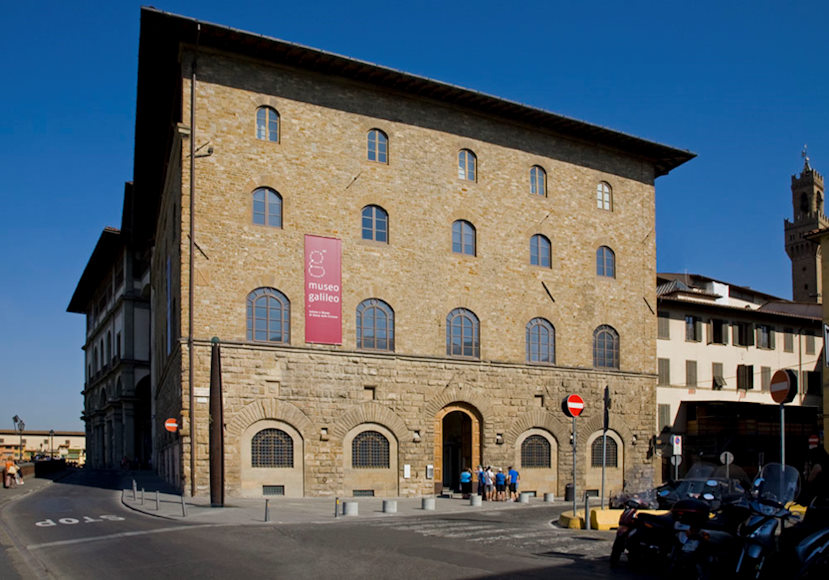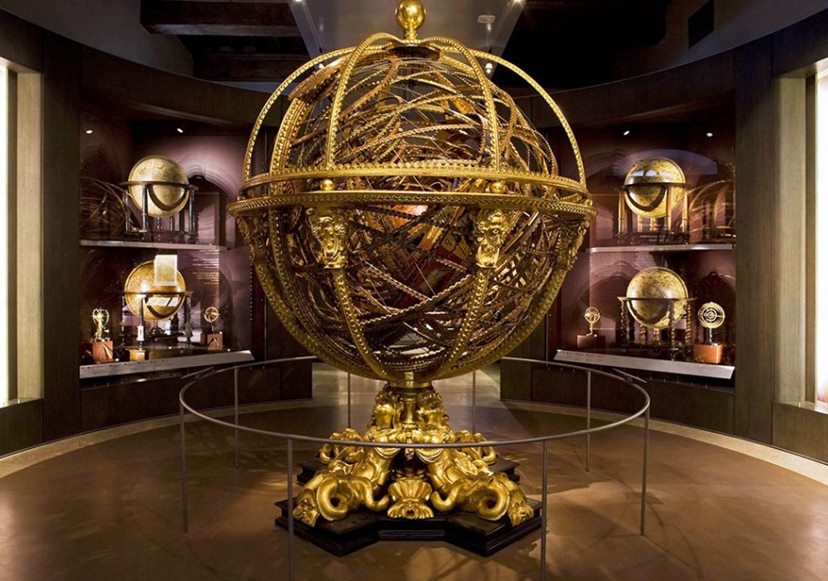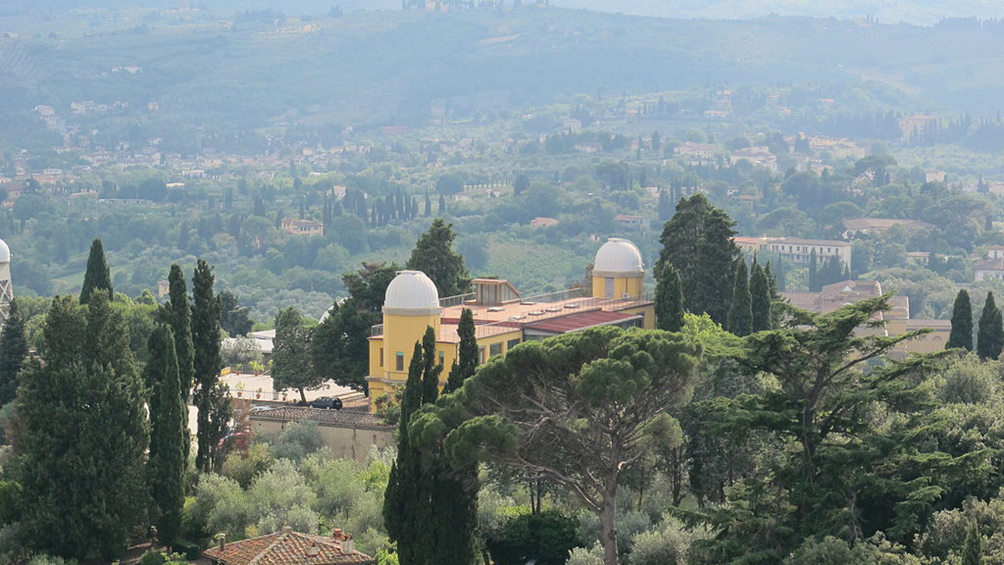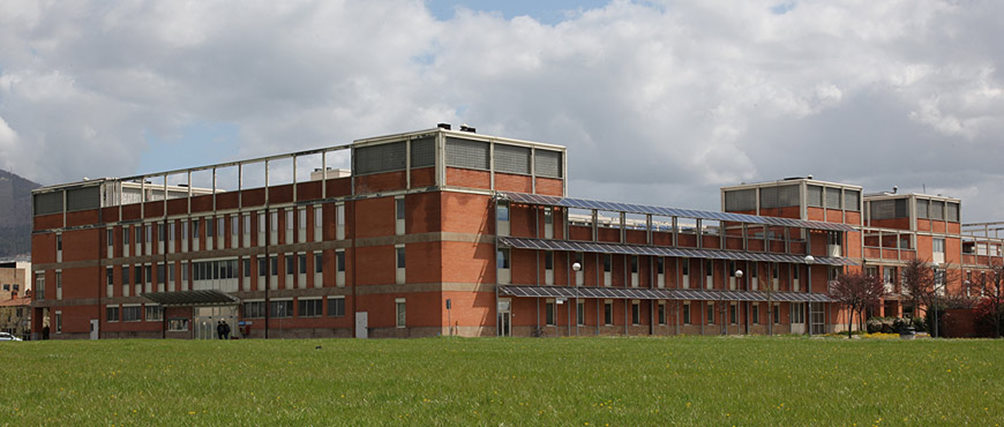Florence is renowned not only for its artistic and humanistic heritage, but also for its important and rich scientific tradition. It was home to figures like Galileo Galilei, who pioneered the experimental scientific method and laid the foundations of modern physics and astronomy. The city hosts the Museo Galileo (https://www.museogalileo.it/en/), which preserves and exhibits scientific instruments and manuscripts; Villa Galileo, on the Arcetri hills, is the place where Galileo spent the last years of his life, confined to house arrest, and eventually passed away in 1642 (https://www.sma.unifi.it/index.php?module=CMpro&func=viewpage&pageid=474&newlang=eng).
Today, this legacy continues through a vibrant network of prestigious research institutions and innovation hubs.


The Osservatorio Astrofisico di Arcetri (https://www.arcetri.inaf.it/en/) is one of the largest research institutes that are part of the National Institute for Astrophysics (INAF). The Observatory, which was founded more than 150 years ago, today carries out cutting-edge research in most areas of astrophysics, from the earliest phases of the Universe and most distant galaxies, to our Galaxy, to extrasolar planets, to astrobiology; the Observatory is also deeply involved in the development of state-of-the art astronomical instrumentation, from ground and space, with key contributions to ESA space missions.

The University of Florence hosts the Department of Physics and Astronomy, located in the university campus of the Polo Scientifico in Sesto Fiorentino, although the Astronomy and Astrophysics component still partially occupies its historical seat in Arcetri. The Department lives in symbiosis with the most important Italian research organizations (CNR, INFN, INAF, described below). Its activity is also in close connection with the LENS (European Laboratory of Non-Linear Spectroscopy): an infrastructure of excellence, unique in Italy, which is also located on the campus. The research activities of the Department cover theoretical physics and all the most current areas of experimental and applied physics, including astrophysics and cosmology.
Florence hosts two prominent centers of the Italian National Institute for Nuclear Physics (INFN): the local INFN Section and the Galileo Galilei Institute for Theoretical Physics (GGI).
The local Section, officially founded in 1972, is actively involved in experimental research across particle physics, astroparticle physics, nuclear and applied physics, collaborating closely with the University of Florence. In the field of astroparticles, it has been involved for many years in the detection of cosmic rays in space, in the detection of gravitational waves and has recently entered the field of underwater neutrino observatories.
The GGI, established in 2005 through a partnership between INFN and the University of Florence. As one of INFN’s National Centers for Advanced Studies, it serves as a leading international hub for theoretical physics, fostering collaboration and knowledge exchange in areas such as quantum field theory, string theory, and quantum gravity.
The National Research Council (CNR) is Italy’s largest public research organization, conducting multidisciplinary research across a broad spectrum of scientific and technological fields. The Florence Research Area is home to several institutes whose activities cover a diverse range of topics, including space and planetary sciences, fundamental and applied physics, atmospheric research, and climate studies.
This scientific ecosystem is complemented by high-tech companies such as Leonardo S.p.A. (formerly Officine Galileo, established in 1863 by Giovanni Battista Donati, Director of the Arcetri Astrophysical Observatory), a major aerospace and defense company with operations in the Florence area, fostering collaboration between academia, research, and industry.
